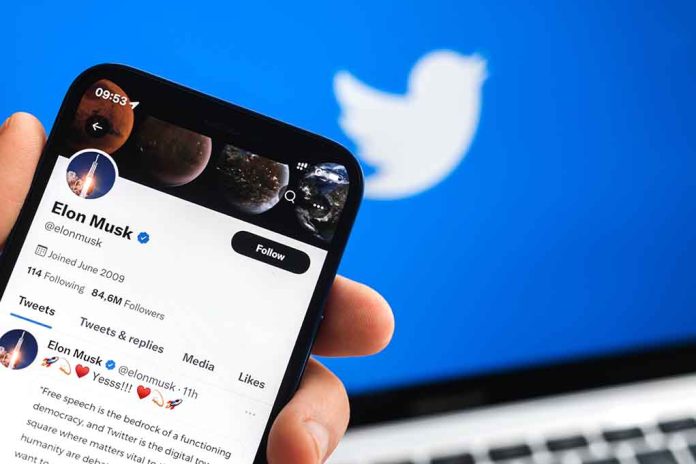
In the high-stakes arena of social media, where tweets can topple empires and memes can make or break careers, our favorite tech maverick Elon Musk has once again stirred the pot. This time, he’s taken aim at none other than Vice President Kamala Harris, calling her an “extinctionist” and sharing a manipulated video that’s got everyone from political pundits to Twitter trolls in a tizzy. Buckle up, patriots, because this ride through the wild world of digital discourse is about to get bumpy!
The Controversy Unfolds
The drama began when Musk shared a manipulated video of Vice President Harris, which appeared to show her promoting a fake campaign ad. The video, which was later identified as a deepfake, seemed to violate X’s own rules against sharing manipulated media. This incident has reignited the debate about the spread of misinformation on social media platforms and the responsibilities of tech leaders in combating it.
Musk’s ‘Extinctionist’ Label
Elon Musk’s criticism of Harris stems from a resurfaced video where the Vice President discusses how climate change concerns might influence people’s decisions about having children. In response, Musk labeled Harris an “extinctionist,” suggesting her views could lead to a decrease in population growth.
“Kamala Harris is an extinctionist. She wants humanity to go extinct. Simple as that.” – Elon Musk.
This characterization by Musk has sparked intense debate about the interpretation of Harris’s comments and the broader implications of climate change discussions on demographic trends.
The Harris Campaign’s Response
The Harris campaign was quick to dismiss the manipulated video shared by Musk as disinformation. They emphasized the importance of fact-checking and the dangers of spreading false information, especially when it comes from influential figures with large followings.
This response highlights the ongoing struggle between political campaigns and the rapid spread of misinformation on social media platforms.
Broader Implications
The incident raises several important questions about the role of social media in political discourse and the responsibilities of platform owners. As the owner of X (formerly Twitter), Musk’s actions are under particular scrutiny. His willingness to share manipulated content, even if later removed, has reignited concerns about the platform’s ability to combat misinformation effectively.
Moreover, this controversy underscores the power of social media to shape public opinion and the potential consequences of spreading unverified information. It also highlights the need for users, especially those with significant influence, to exercise caution and verify content before sharing.
The Ethics of Tech Leadership
This incident has brought the ethical responsibilities of tech leaders into sharp focus. As both a platform owner and a prominent user, Musk’s actions carry significant weight. The debate now centers on whether tech leaders should be held to a higher standard when it comes to sharing information on their platforms.
Critics argue that Musk’s behavior sets a dangerous precedent and undermines efforts to combat misinformation. Supporters, however, contend that his actions fall under free speech protections and that users should be responsible for fact-checking content themselves.
As this story continues to unfold, it serves as a stark reminder of the complex interplay between technology, politics, and public discourse in our digital age. The debate surrounding Musk’s actions and Harris’s comments is likely to continue, shaping discussions about social media responsibility, climate change, and political communication for the foreseeable future.
Sources:
- Elon Musk calls Harris an ‘extinctionist’
- Elon Musk Shares Manipulated Harris Video, in Seeming Violation of X’s Rules
- Kamala Harris Campaign Reacts to Elon Musk Sharing Fake Ad






















